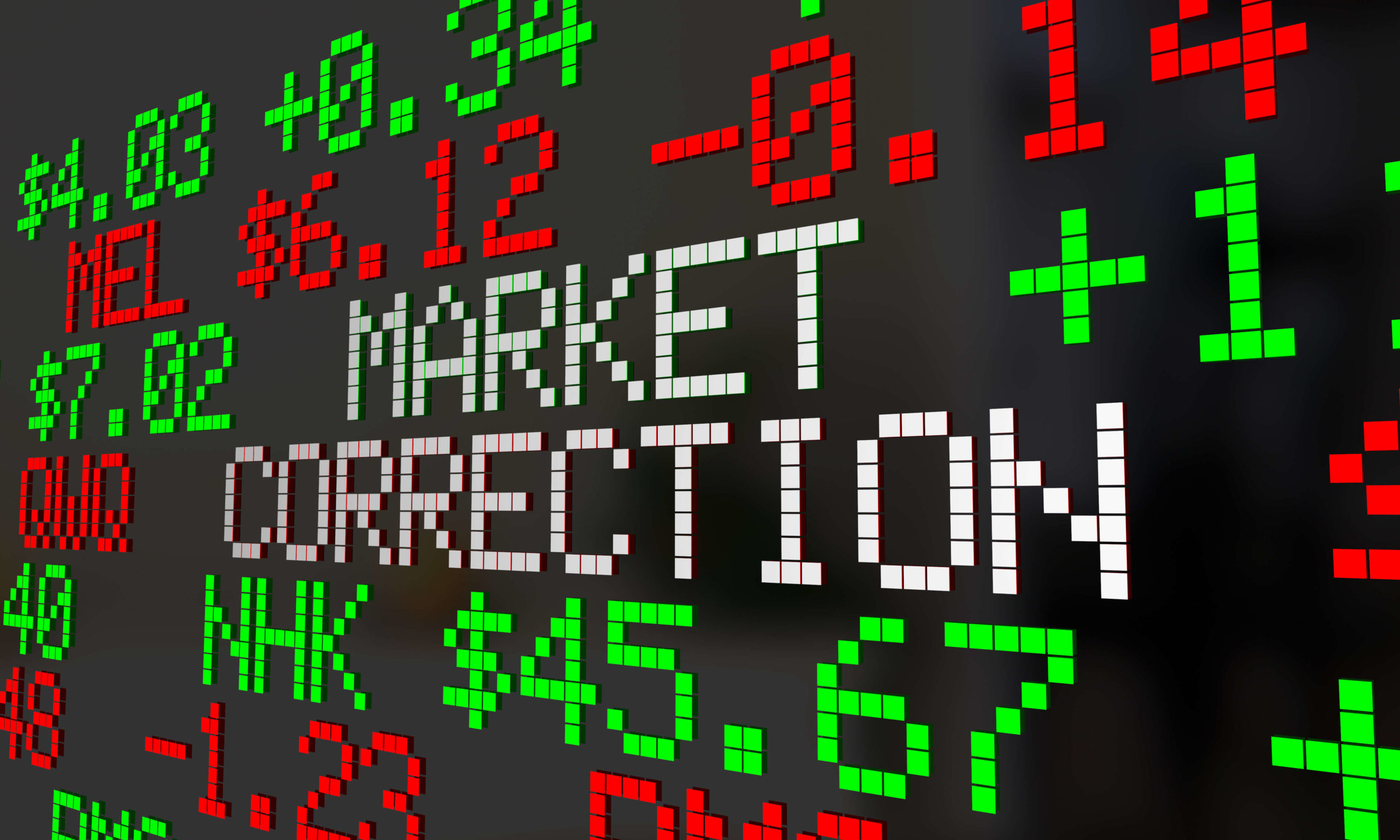My wife and I are safe drivers. I can confidently say this because we have not been pulled over for speeding since high school; we have only had one minor accident that involved backing into a car in our driveway (I won’t say which one of us did that), and we are never driving uninsured. Simply put, we follow the rules of the road and respect the other drivers who share the road with us. Still, things can happen.
Last summer we were driving to dinner on a Friday evening for date night. We were on SR 37 in Noblesville, and a dump truck hauling gravel hit a bump and sent a large rock flying towards my truck – before we knew it, my windshield was cracked. Things happen. The next morning, I called my insurance representative and told him the situation. He told me we paid for comprehensive coverage, so the repair would be paid for by our insurance. He referred a windshield repair service, and my windshield was replaced the following week.
The moral of the story is that even though we are safe drivers, we pay for the insurance as a proactive response to what is out of our control. A person’s approach to investing in the stock market can also be low risk like my driving, but that does not mean you are completely immune to a market correction.
Market risk is the possibility that you will experience losses due to factors that affect the overall performance of investments in the financial markets – we have seen this already play out in 2022. Outside of a flash COVID crash and recovery in 2020, the stock market has seen above-average gains for several years in a row. Long-time investors were saying this isn’t sustainable and a correction is inevitable, but despite their warnings, the market kept going up.
Market corrections, on average, occur every other year dating back to the Great Depression. Corrections are a healthy event that brings prices back to their most reasonable levels. Adam Harter, Chief Investment Officer for Financial Enhancement Group, compares market corrections to a forest fire: “Just as a forest fire is necessary to clear out underbrush and debris to allow sunlight and nutrients to reach new growth, periods of market weakness are often needed to set up for future growth.”
This is a rational long-term insight that will serve any investor well. The problem is that when the correction is occurring, you feel like you are in the middle of a raging forest fire that will never end. Add in geopolitical turmoil and rising inflation, and you have a recipe for fear-based and reactionary decision making which almost never leads to good outcomes.
Market corrections are inevitable. The best thing an investor can do is be proactive and stick to your original plan and processes. Just like I paid for my car insurance and drove with caution for years without incident, you should diversify your investments to limit the damage prior to the correction occurring. This strategy may make for a boring drive or lower your year-to-year gains, but you won’t regret it when the drop comes.
The Financial Enhancement Group is an SEC Registered Investment Advisor. Securities offered through World Equity Group, Inc. Member FINRA/SIPC. Advisory services can be provided by Financial Enhancement Group (FEG) or World Equity Group. FEG and World Equity Group are separately owned and operated.


